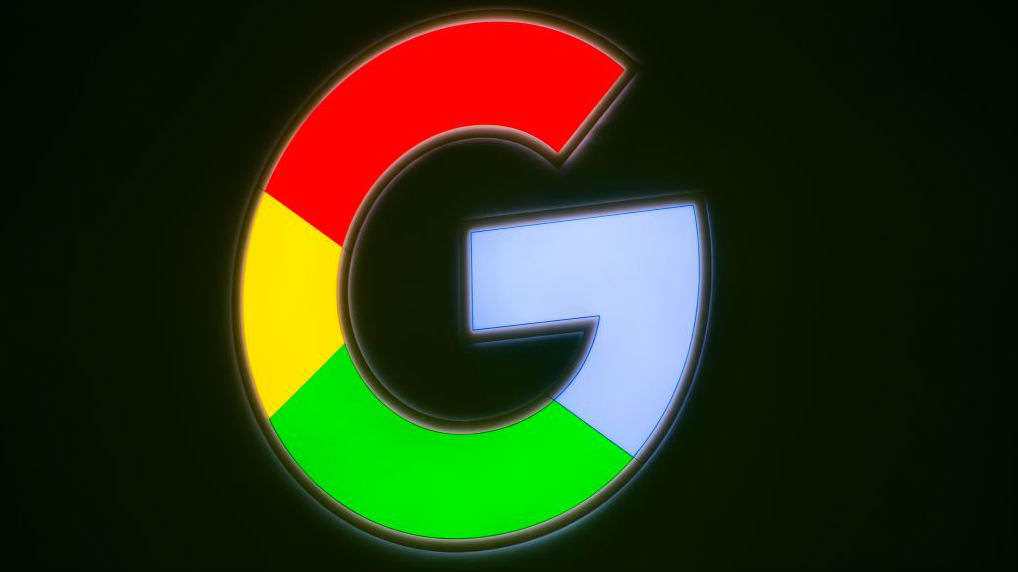Google ditches Captcha test to check you're not a bot
New system spares users from the need to tick boxes or try to decipher distorted letters

A free daily email with the biggest news stories of the day – and the best features from TheWeek.com
You are now subscribed
Your newsletter sign-up was successful
Google has axed its manual Captcha security tool to make way for a new, invisible system that can automatically detect non-human website visitors.
Until now, internet users have often been asked to retype a series of distorted letters to prove they are a human and not a malicious robot – a system known as Captcha: "Completely Automated Public Turing test to tell Computers and Humans Apart".
On some sites, this has been replaced with "No Captcha reCaptcha", where all that is required is clicking a checkbox.
The Week
Escape your echo chamber. Get the facts behind the news, plus analysis from multiple perspectives.

Sign up for The Week's Free Newsletters
From our morning news briefing to a weekly Good News Newsletter, get the best of The Week delivered directly to your inbox.
From our morning news briefing to a weekly Good News Newsletter, get the best of The Week delivered directly to your inbox.
However, Google says it has now developed the technology to such a point that users will no longer be required to do either of these methods.
[[{"type":"media","view_mode":"content_original","fid":"109606","attributes":{"class":"media-image"}}]]
It says: "Since the launch of No Captcha reCaptcha, millions of internet users have been able to attest they are human with just a single click."
"Now we're taking it a step further and making it invisible. Human users will be let through without seeing the 'I'm not a robot' checkbox, while suspicious ones and bots still have to solve the challenges."
A free daily email with the biggest news stories of the day – and the best features from TheWeek.com
No details on how the new system works have been revealed and ArsTechnica claims it will probably remain a mystery as disclosing any information could "help bot-makers crack it".
Captcha was acquired by Google in 2009 to "not only to deter spammers and bots", but also to "help solve problems" in other areas of its business, says Business Insider.
For example, adds the site, when users successfully selected three pictures of cats from nine animals on the old picture-based reCaptcha puzzles, they were in addition "helping Google's machine learning algorithm understand what a cat looks like".
-
 Lawmakers say Epstein files implicate 6 more men
Lawmakers say Epstein files implicate 6 more menSpeed Read The Trump department apparently blacked out the names of several people who should have been identified
-
 Maxwell pleads 5th, offers Epstein answers for pardon
Maxwell pleads 5th, offers Epstein answers for pardonSpeed Read She offered to talk only if she first received a pardon from President Donald Trump
-
 Political cartoons for February 10
Political cartoons for February 10Cartoons Tuesday's political cartoons include halftime hate, the America First Games, and Cupid's woe
-
 Will AI kill the smartphone?
Will AI kill the smartphone?In The Spotlight OpenAI and Meta want to unseat the ‘Lennon and McCartney’ of the gadget era
-
 Has Google burst the Nvidia bubble?
Has Google burst the Nvidia bubble?Today’s Big Question The world’s most valuable company faces a challenge from Google, as companies eye up ‘more specialised’ and ‘less power-hungry’ alternatives
-
 How the online world relies on AWS cloud servers
How the online world relies on AWS cloud serversThe Explainer Chaos caused by Monday’s online outage shows that ‘when AWS sneezes, half the internet catches the flu’
-
 Is the UK government getting too close to Big Tech?
Is the UK government getting too close to Big Tech?Today’s Big Question US-UK tech pact, supported by Nvidia and OpenAI, is part of Silicon Valley drive to ‘lock in’ American AI with US allies
-
 Google: A monopoly past its prime?
Google: A monopoly past its prime?Feature Google’s antitrust case ends with a slap on the wrist as courts struggle to keep up with the tech industry’s rapid changes
-
 South Korea's divide over allowing Google Maps
South Korea's divide over allowing Google MapsTalking Points The country is one of few modern democracies where the app doesn't work
-
 Google avoids the worst in antitrust ruling
Google avoids the worst in antitrust rulingSpeed Read A federal judge rejected the government's request to break up Google
-
 Is AI killing the internet?
Is AI killing the internet?Talking Point AI-powered browsers and search engines are threatening the death of the open web